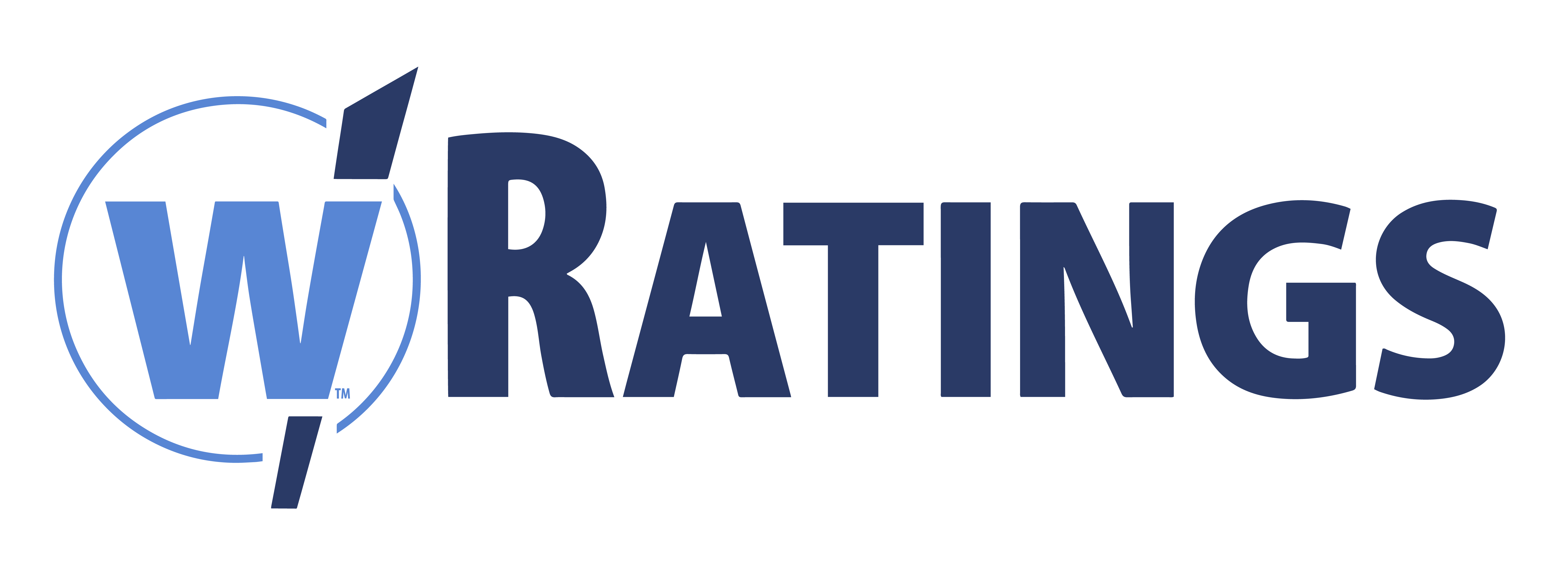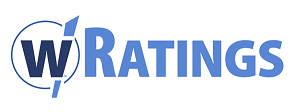Leapfrog All Your Competitors
Allied Waste
All trademarks are properties of their respective owners.
During the 2000s in the waste disposal industry, second-largest player Allied Waste was in a slugfest against Waste Management and Republic Services. Consolidation was underway as large providers bought smaller independent-owned trash collectors to gain market share. In a vicious competitive cycle, the three largest providers were being forced to lower prices just to keep up with the remaining independents.
Allied Waste decided to leapfrog all of its competitors — large & small — by challenging the industry’s focus on price. By discovering new sources of value, the executive team created an industry inflection point that generated customer pricing power and allowed them to capture superior return-on-invested capital (ROIC) while growing revenue.
Using research from wRatings, the executive team analyzed a variety of business frameworks to pursue. One popular choice was for the company to become the Wal-Mart of waste disposal, relentlessly focusing on cost controls to be a highly efficient, discount-based company. But the wRatings research showed only a small percentage of customers bought based primarily on price. Instead, most customers placed substantial weight in areas such as assurance, professionalism and seamless cooperation.
With the wRatings profiles in hand, Allied Waste eliminated several internal programs that were adding little to no value for customers. This freed up millions of dollars that was reinvested to fund much higher priority items to customers.
Allied Waste was able to raise prices 12 quarters in a row and added $700M in sales to reach $6.1B in sales before merging with Republic Services (a company 33% owned by Bill Gates).

